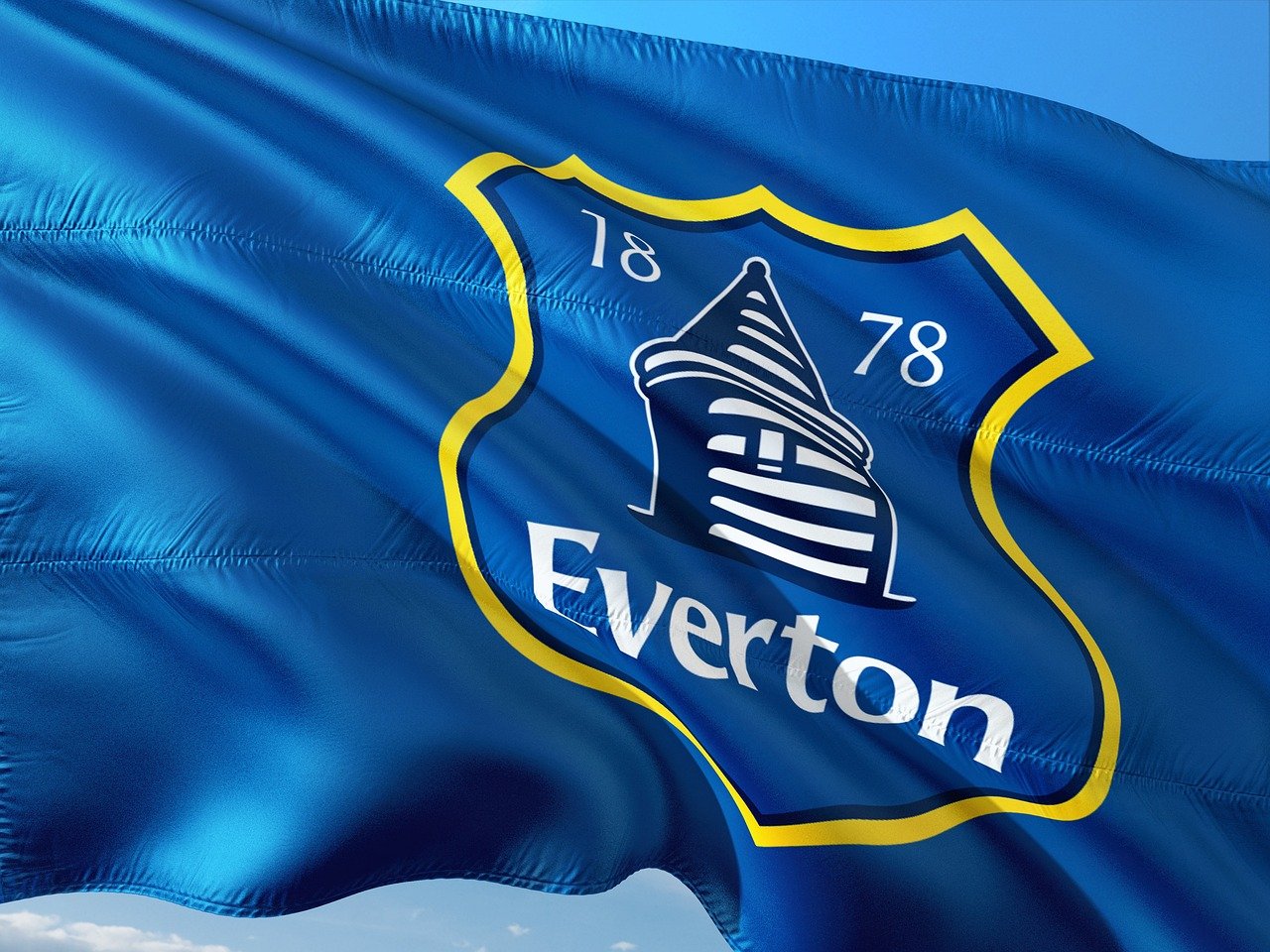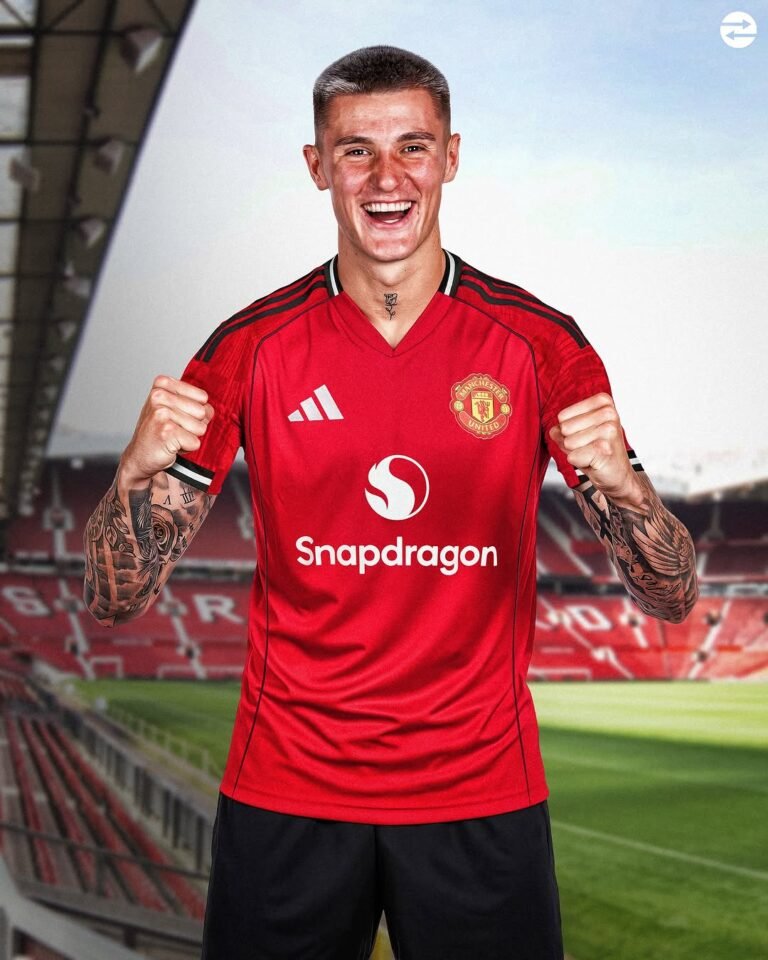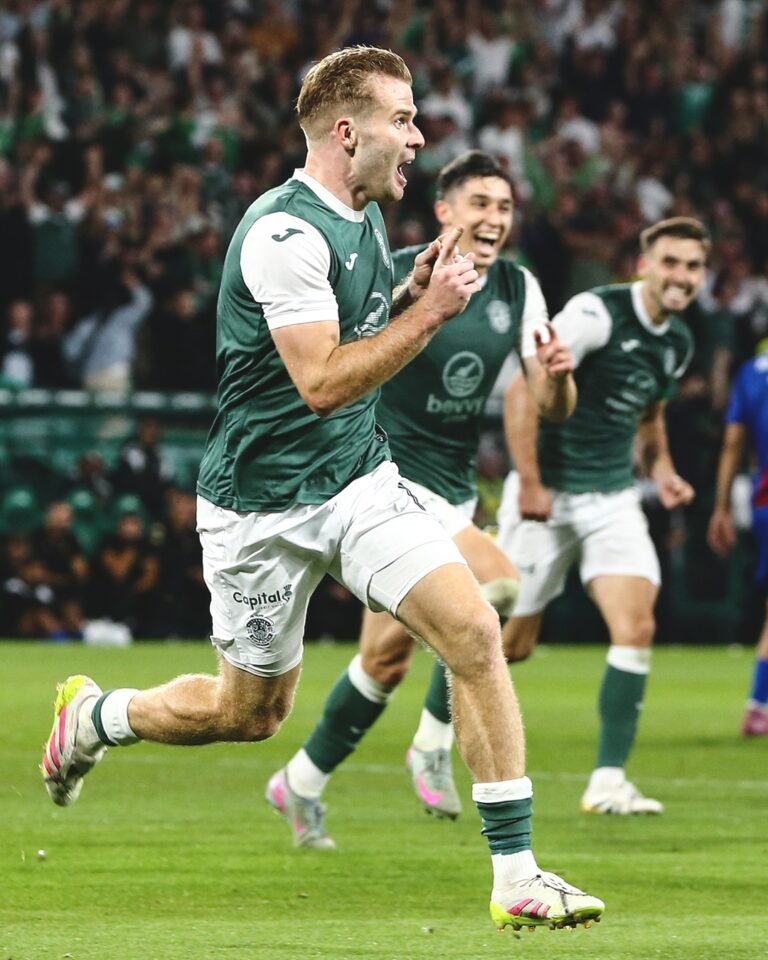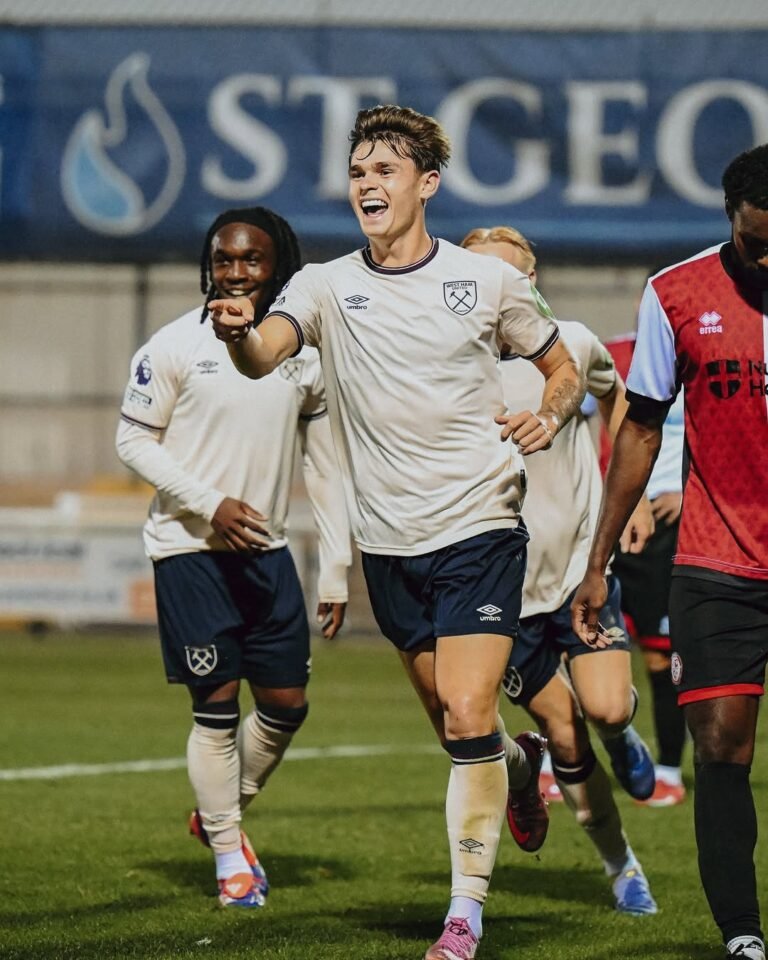
Everton Football Club is entering one of the most significant periods in its long history. As the Toffees prepare to leave Goodison Park for a new era at Bramley-Moore Dock, the club finds itself under both local and national scrutiny. From transfer speculation and stadium developments to the ever-passionate Merseyside derby, Everton’s journey is as compelling as ever. The Liverpool Echo, Merseyside’s leading news outlet, continues to play a pivotal role in shaping the conversation around the club, its fans, and its future.
Farewell to Goodison Park: A Historic Transition
The 2024/25 season marked the end of an era for Everton, as the club played its final matches at the iconic Goodison Park. Having been home since 1892, Goodison’s closure is more than a logistical change—it’s an emotional milestone for generations of supporters. Everton will begin the 2025/26 Premier League season at the new Bramley-Moore Dock stadium, a move designed to modernise the club and create new opportunities for growth and regeneration in Liverpool.
Club officials have emphasised that the decision to delay the move until the start of the new season was not due to construction delays but rather a strategic choice. Everton’s interim CEO, Colin Chong, highlighted the importance of fan feedback and the need for a fitting send-off for Goodison Park. The club plans a year-long celebration, including events and tours, to honour the “Grand Old Lady” and its place in football history.
Stadium Move: More Than Just Football
The new Bramley-Moore Dock stadium is not only a footballing project but also a catalyst for regeneration in one of Liverpool’s most deprived areas. The stadium’s development is expected to bring jobs, investment, and a renewed sense of pride to the city. Everton’s commitment to community engagement remains central, with club leaders promising transparency and dialogue with supporters as the transition unfolds.
Transfer Rumours and Squad Reinforcement
On the pitch, anticipation is building around Everton’s transfer activity. Manager Sean Dyche is expected to strengthen key areas, particularly in attack and midfield, as the club aims for a higher finish in the Premier League. Names such as James Ward-Prowse and Evan Ndicka have been linked, with the club also reportedly interested in Liverpool’s Cody Gakpo. Financial constraints mean Everton’s recruitment must be shrewd, focusing on players who can make an immediate impact.
Key players like Jordan Pickford and Amadou Onana remain vital to the squad’s ambitions. Pickford’s leadership and shot-stopping abilities have been crucial, while Onana’s dynamism in midfield offers hope for more consistent performances. Everton’s ability to retain and build around these talents will shape the club’s prospects in the coming season.
Derby Day Drama: The Merseyside Rivalry Endures
No discussion of Everton is complete without mention of the Merseyside derby. The final clash at Goodison Park was a dramatic affair, ending in a 98th-minute equaliser from James Tarkowski. The match, which saw red cards and emotional scenes, was a fitting send-off for the famous ground. Liverpool’s Harvey Elliott, unimpressed by the home crowd, sparked debate about the atmosphere, while supporters on both sides reflected on the intensity and unpredictability that defines this rivalry.
The derby remains a highlight of the football calendar, offering moments of joy, frustration, and controversy. Everton’s resilience in these fixtures continues to inspire fans, even as the club navigates broader challenges.
The Liverpool Echo: Balancing Coverage and Fan Expectations
The Liverpool Echo has long been the go-to source for Merseyside football news. However, its coverage has not been without controversy. Everton fans have criticised the paper for perceived bias towards Liverpool FC, arguing that their club’s achievements and struggles deserve equal attention. The Echo’s editor, Alastair Machray, acknowledged these concerns and pledged to review the balance of coverage, promising a more equitable approach moving forward.
This debate underscores the importance of local journalism in shaping football culture. The Echo’s open letter to Everton, urging the club to “do better” after narrowly avoiding relegation, reflected the high stakes for both the club and the city. The paper’s call for greater transparency and community engagement highlighted the shared responsibility between club and media to serve supporters and the wider Liverpool community.
Social Issues and Solidarity
Recent events have also seen Liverpool and Everton unite against discrimination. Following racist abuse directed at Everton’s Abdoulaye Doucoure after the derby, both clubs issued a joint statement condemning such behaviour and pledging to work with authorities to identify those responsible. This show of solidarity demonstrates the power of football to bring communities together, even amid fierce rivalry.
Conclusion
As Everton prepares to open a new stadium and reshape its squad, the club faces both challenges and opportunities. The move to Bramley-Moore Dock represents a bold step into the future, while the legacy of Goodison Park will always be cherished. The Liverpool Echo’s coverage, and the ongoing dialogue between club, media, and fans, will continue to influence Everton’s story.
Supporters are right to demand ambition, transparency, and respect—values that will be essential as Everton seeks to reclaim its place among English football’s elite. With a new home on the horizon and a city behind them, the Toffees’ next chapter promises to be one of renewal and hope.
To read more click here




